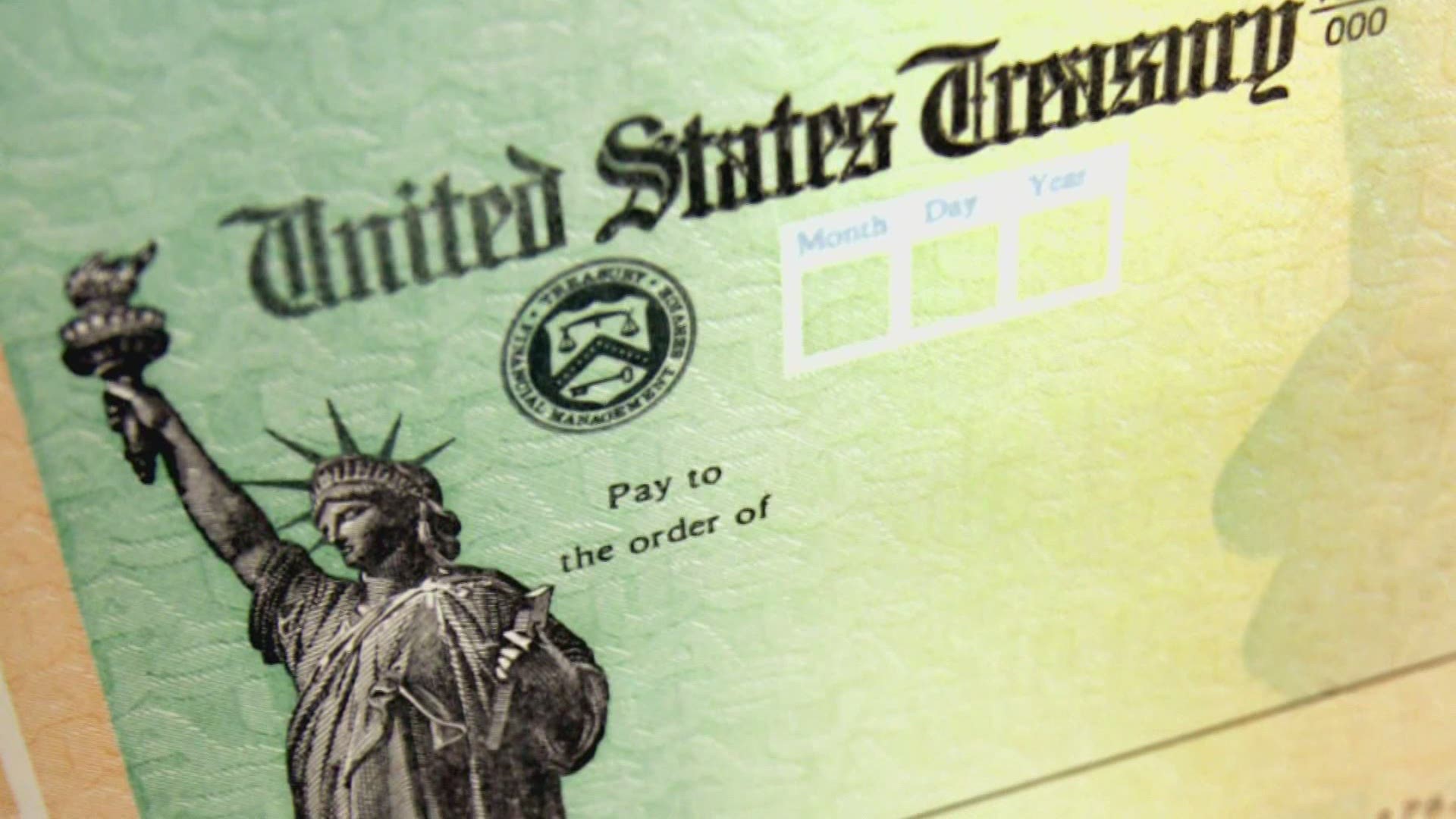PORTLAND, Maine — Retirement and social security are usually things we don't worry too much about until we get older, but the earlier you start planning, the better off you'll be.
Brenda Pollock is a financial counselor with Evergreen Credit Union. She has advice for saving, even when your paycheck is stretched pretty thin, and how to make sure you're on track:
It’s never too late to start saving. Most people ask about how much they need to save for retirement. Not many ask when to start saving for retirement.
When you start saving has a big impact on how much you need to save each month. The good news is that it really never is too late or too early to save for retirement.
If you have reached midlife and haven’t saved much for your retirement, you aren’t alone. A study by the American Council for Savings Education found that more than half of all baby boomers have saved less than $50,000 toward retirement and 15 percent have saved nothing.
Many people underestimate how much they will need for retirement. Where do they start?
Start by estimating how much money you think you will need when you retire. As a general rule of thumb, your goal should be to put aside enough savings to match two-thirds to 70% of your current income. How much you will actually need when that time comes will depend on our personal circumstances, your spending habits, and your lifestyle.
And to put a number to what you’re going to need to save for retirement, you also need to understand your Social Security benefits.
You should receive a statement of projected benefits yearly but if you need to get a copy, go to ssa.gov/myaccount.
What we all need to keep in mind is that the age at which you are able to receive your full benefits is going up. For example, if you were born between 1943 and 1954, you can collect full benefits at age 66. If you were born in 1955 or later, you will have to wait longer.
Are you able to collect Social Security benefits at a younger age?
No matter when you were born, you can get reduced benefits starting at age 62. However, if you do choose to start collecting reduced benefits at age 62, you will receive that lower amount for the rest of your life. In addition, if you keep working after you start collecting benefits, you may have to pay more income taxes on your Social Security benefits. If you are working and collecting SS benefits before you reach the full retirement age, the government may reduce your benefits in proportion to the amount you earn.
Although you need 10 years of work to qualify for Social Security retirement benefits, your benefits are based on the highest 35 years of earnings.
Regrettably, woman who are - or were - stay at home moms to raise their families are most likely to be impacted from this and receive less. However, additional earnings can increase your monthly benefit amount even after you start receiving benefits. Each year, SS will check your earnings record. If your latest year of earnings turns out to be one of your highest 35 years, they will automatically recalculate your benefit amount and pay you any increase due. So for those of us who have a 0 earning year, this amount will replace that and increase your benefit.
It is important to look at your earnings record and you also want to make sure your earning record with Social Security is accurate.
Earnings are essential so be sure to use your Social Security Statement to check your earnings each year. These earnings are used to determine your benefit amount. If you see an error on your earnings record, report it. We’ve provided a handout from SS with how to make corrections.
The message here is save for retirement today regardless of your age. But most people are living paycheck to paycheck. Do you have any tips for catching up on retirement savings?
Pay yourself first. Save money from every paycheck – 10% is great but no matter the amount. This will help you adopt a habit of saving.
Put more into your employer-sponsored retirement plan if it is offered. If you’re currently putting 5% in a 401(k) for example, increase it to 10% or more if possible.
Use an automatic savings plan – Work with your financial institution to have money deducted each paycheck and deposited into a savings automatically.
If you are between the ages of 40 – 60 try saving 20% of your income. If you can’t reach that, work with a financial counselor to help you reach that goal.
Have a separate emergency fund so you don’t touch your retirement savings for some of life’s basic living expenses.
As you think about the way to step up your savings, you may want to get help from any or all resources possible. And a lot of them are free services.
Check with your financial institution first. Many now offer members the tools they need to really look at their budgets, spending habits, and provide them with a spending plan to help them achieve their savings goals. These services are free. Your financial institution is a great resource to help get you to start saving. It’s not too late, and you’ll be on your way to a more financially secure future.

